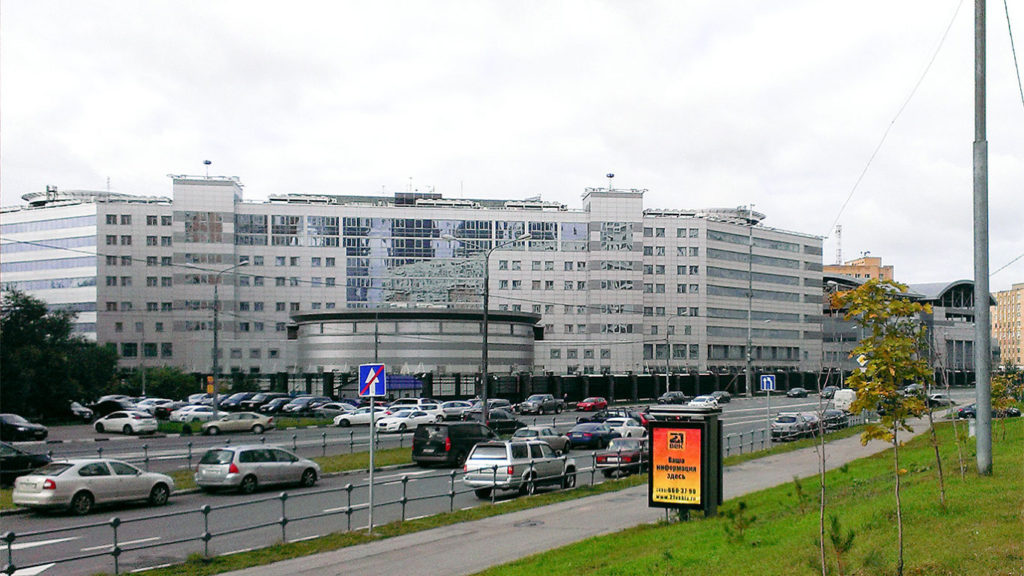A Russian GRU military intelligence unit suspected of being behind attacks across Europe may have used acoustic weapons against scores of U.S. diplomats and spies around the world, according to a new investigation by The Insider, 60 Minutes and Der Spiegel, shedding light on unexplained health incidents known as “Havana Syndrome.”
Havana Syndrome’s name dates back to 2016, when U.S. diplomats in the Cuban capital reported falling ill and hearing piercing sounds at night, sparking speculation of an attack by a foreign enemy using an unspecified sonar weapon. To date, more than 100 reports of the illness — formally referred to as anomalous health incidents (AHIs) — have since emerged among U.S. spies, diplomats, military officers and contractors in China, Europe and Washington D.C.
The year-long joint investigation, citing intercepted Russian intelligence documents, travel logs, call metadata and eyewitness testimony, suggests that Unit 29155 has been behind the mysterious attacks.
Russia’s Unit 29155, an assassination and sabotage squad of the GRU, was in previous years linked to a series of destabilizing assassination attempts in the Czech Republic, Moldova, Bulgaria, Montenegro and the United Kingdom, including the attempted poisoning of defector Sergei Skripal in 2018. The unit’s senior members had received awards and promotions to political posts for developing “non-lethal acoustic weapons,” according to the investigation.
The sound- and radiofrequency-based attacks may have begun earlier than previously publicly known, with the Insider reporting on two separate attacks in Frankfurt, Germany in November 2014.
Moscow has previously denied any responsibility for the mysterious incidents and U.S. intelligence concluded that foreign involvement was “very unlikely” in causing Havana Syndrome — whose ongoing symptoms include migraines, chronic dizziness, and depression.
In March 2023, intelligence agencies reported the symptoms were probably the result of pre-existing conditions, conventional illnesses and environmental factors. Adam, the pseudonym of the first CIA officer affected by Havana Syndrome in Cuba, disputed that assessment in comments to The Insider.
“What the long-term investigation has shown is that either the [U.S.] intelligence community is incapable of carrying out its most basic function, or it has worked to cover up the facts and gaslight injured employees and the public,” Adam was quoted as saying.
Later on Monday, the Kremlin said claims that Russia was behind the Havana Syndrome attacks were “baseless” and “unfounded.”
“This is not a new issue, it’s been talked about in the press for years, and it’s often connected with accusations against the Russian side,” Kremlin spokesman Dmitry Peskov told reporters.

